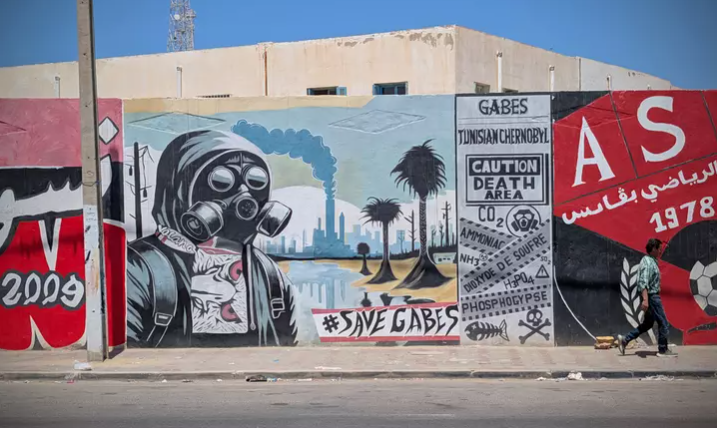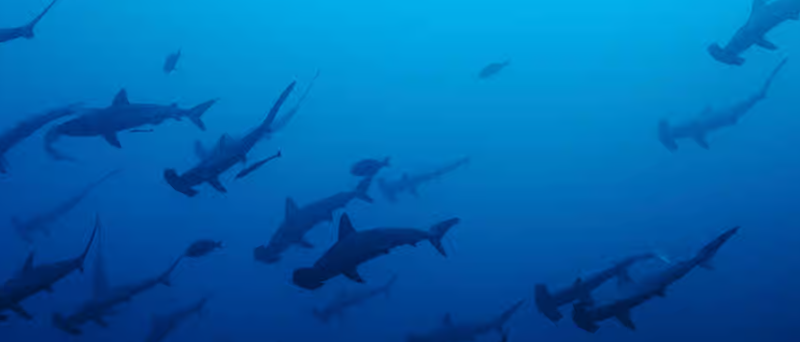In Brussels, a European coalition of NGOs, activists, and public figures has made a resounding call to elevate ocean protection to the top of political priorities.
This European mandate must be ocean-centric. We have no other choice.” With these impactful words, Claire Nouvian, founder of the NGO Bloom, opened the « Time’s Up » event on Wednesday, October 16, just steps away from the European Parliament. The gathering brought together nearly a hundred people for a plea that was both activist and artistic in favor of ocean protection. The goal was to urge the new European decision-makers to make the preservation of marine ecosystems an absolute priority in their mandate.
The countdown has begun. The United Nations Ocean Conference, scheduled to take place in France in June 2025, is approaching rapidly. Ocean advocates, aware of the accelerating environmental crises, have formed a European coalition comprising thousands of public figures, activists, and over 140 NGOs.
“The ocean is our main climate regulator,” said Adélaïde Charlier, co-founder of Youth for Climate, emphasizing the ocean’s critical importance in climate regulation. “The ocean is our primary climate regulator. Without it, the Earth’s surface would be uninhabitable.” While the ocean currently absorbs more carbon than it emits, this balance could soon be disrupted. “We are destroying life where it was born,” lamented the 23-year-old activist.
Subsidies… for Bottom Trawling
French fisherman Stéphane Pinto, originally from Boulogne-sur-Mer, shared his bitter experience. After thirty-five years in the industry, he has witnessed the collapse of artisanal fishing, struck by electric fishing, a destructive technique introduced by the Dutch industry. “In 2012, we were 125 net fishermen. Today, we are down to just 25. This technique has destroyed our livelihood,” lamented the man with rolled-up sleeves. Despite the ban on electric fishing in 2019, the Dutch attempts to reintroduce this method greatly concern him.
His testimony is just one example among many. The oceans are facing multiple pressures. Marine protected areas—particularly in France—do not even prohibit bottom trawling, a fishing technique that scrapes and devastates the seabed. Claire Nouvian condemned the subsidies that keep these destructive practices afloat. “Without public aid, these marine bulldozers would not even exist.” She advocated for increased support for artisanal fishing, which is more sustainable and creates jobs.
The fossil fuel industry, also under criticism, produces increasing amounts of plastic that end up in the ocean each year. “By 2050, plastic will outweigh fish in the ocean,” warned Lucie Padovani from the NGO Surfrider. Matthew Gianni, co-founder of the Deep Sea Conservation Coalition, cautioned against deep-sea mining, which could result in “immeasurable losses of biodiversity.
Source : reporterre




